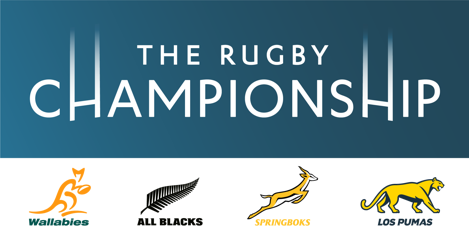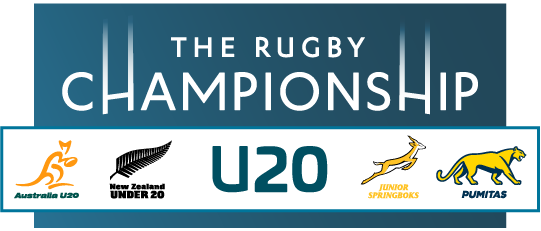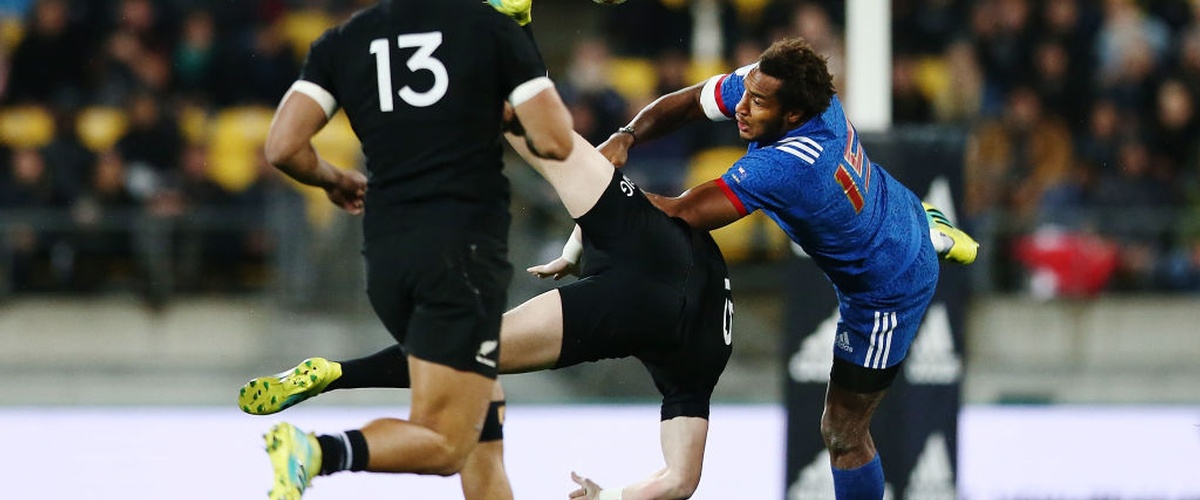Wrapping up the Steinlager Series against France with one Test to play, all the talk in the All Blacks camp after their 26-13 win in Wellington was about the benefits to be had from a below-par effort.
Coach Steve Hansen said there had even been lessons for the selectors in terms of the management of players returning from long injury stints.
Looking at the All Blacks' slow start Hansen said his initial feeling was that last week, in the first Test, half the forward pack were having their first game for quite a long time and they had struggled to back-up in Wellington physically or mentally due to that long break.
"That's a good learning curve for us as selectors and maybe next time we can do it differently. In sport one of the hardest things to do is back-up a dominant scoreline with another dominant performance.
"Mentally our preparation may not have been as good as we would have liked it to be. That's an individual thing, a learning thing," he said.
The loss of first five-eighths Beauden Barrett after his clash with Fall had been a factor, especially so early in the international season. That was without criticising his replacement Damian McKenzie but the fact was McKenzie was still learning his role while Barrett was the best in the world.
There were likely to be changes next week which had always been part of the plan. The side had, after all, won the series and the goals coming in had been to do that while also developing and growing the side.
There had been lessons all round for the side. McKenzie also had to cope with moving in to halfback for 10 minutes while TJ Perenara was in the sin-bin while Hansen also pointed out that stand-in captain Sam Whitelock also had to take lessons from a game which hadn't been pretty and offered some different takes on how to cope with a game in that situation.
"There is going to be a lot of positives come out of the game for us," he said.
The red card suffered by French fullback Benjamin Fall again thrust the legal aspects of rugby into the front lines.
Hansen said the offence had not been intentional, he had got it wrong but the referee had to red card him because that was what the law required. But it did destroy the game straight away, especially when so early in the game.
The effect on the opposition was that there was an expectation there would be a lot of space and they started rushing to try and get to it.
"That was one thing we didn't do well all night; we didn't manage the game well from that point on."
He said it was his belief that another card could be used, somewhere between red and yellow, for non-foul play, which could see a player continue but go on report.
"We talk about the game being a fluid and dynamic game, things change and I think that is a little bit of what happened tonight.
"He came in to try and catch the ball and Beauden's come in over the top of him and jumped higher than him and contributed to it. If you ask me I don't think there was any intention for him to hurt Beauden Barrett. So when there is no intention it becomes a grey area and I think at the moment we are trying to treat them as black and white, and the game is not black and white," he said.
Backs coach Ian Foster said the All Blacks didn't get a lot of flow on and that had made it hard for McKenzie. The All Blacks were guilty of playing too much in their own half unnecessarily, and some easy options had been available but were not seen soon enough, especially in relation to kicking space.
Against that he had looked dangerous on turnover play and had demonstrated that in setting up a second try for Jordie Barrett.
Hansen said he had been pleased with the way McKenzie handled the halfback role, something that had been mentioned as a future possibility in the event of injury requiring such a move.
"His core skills looked pretty tidy," he said. But his preference was for him to develop his first five-eighths skills while being seen as an option in the right circumstances.
Whitelock said the All Blacks had been slow to get set and that was why there had been defensive holes early in the game.
"Once we finally adjusted, and it took us a long time to adjust to that we did a lot better but that's something that can't take time to get ready. We've got to be able to do that from the first whistle and stay that way right until the last," he said.
Hansen said Barrett would go through the concussion protocols and if he was marginal later in the week he would not be risked. Liam Squire had an ACL injury in his shoulder while Vaea Fifita had also suffered a knock and would be assessed.
"I think the French will be happy with their performance, disappointed that they lost and probably disappointed they could only play with 14 men," he said.
For New Zealand:
Tries: Moody, B Smith, J Barrett 2
Cons: McKenzie 3
Yellow Card: Perenara
For France:
Try: Gomes Sa
Con: Plisson
Pens: Parra 2
Red Card: Fall
New Zealand: 15 Jordie Barrett, 14 Ben Smith, 13 Anton Lienert-Brown, 12 Ryan Crotty, 11 Rieko Ioane, 10 Beauden Barrett, 9 Aaron Smith, 8 Luke Whitelock, 7 Sam Cane, 6 Liam Squire, 5 Scott Barrett, 4 Sam Whitelock (c), 3 Owen Franks, 2 Codie Taylor, 1 Joe Moody
Replacements: 16 Nathan Harris, 17 Karl Tu’inukuafe, 18 Ofa Tuungafasi, 19 Vaea Fifita, 20 Ardie Savea, 21 TJ Perenara, 22 Damian McKenzie, 23 Ngani Laumape
France: 15 Benjamin Fall, 14 Teddy Thomas, 13 Mathieu Bastareaud (c), 12 Geoffrey Doumayrou, 11 Gael Fickou, 10 Anthony Belleau, 9 Morgan Parra, 8 Kelian Gourdon, 7 Kélian Galletier, 6 Mathieu Babillot, 5 Yoann Maestri, 4 Bernard le Roux, 3 Uini Atonio, 2 Camille Chat, 1 Dany Priso
Replacements: 16 Pierre Bourgarit, 17 Cyril Baille, 18 Cedate Gomes Sa, 19 Paul Gabrillagues, 20 Alexandre Lapandry, 21 Baptiste Serin, 22 Jules Plisson, 23 Maxime Médard
Referee: Angus Gardner (Australia)
Assistant referees: John Lacey (Ireland), Luke Pearce (England)
Television match official: George Ayoub (Australia)








